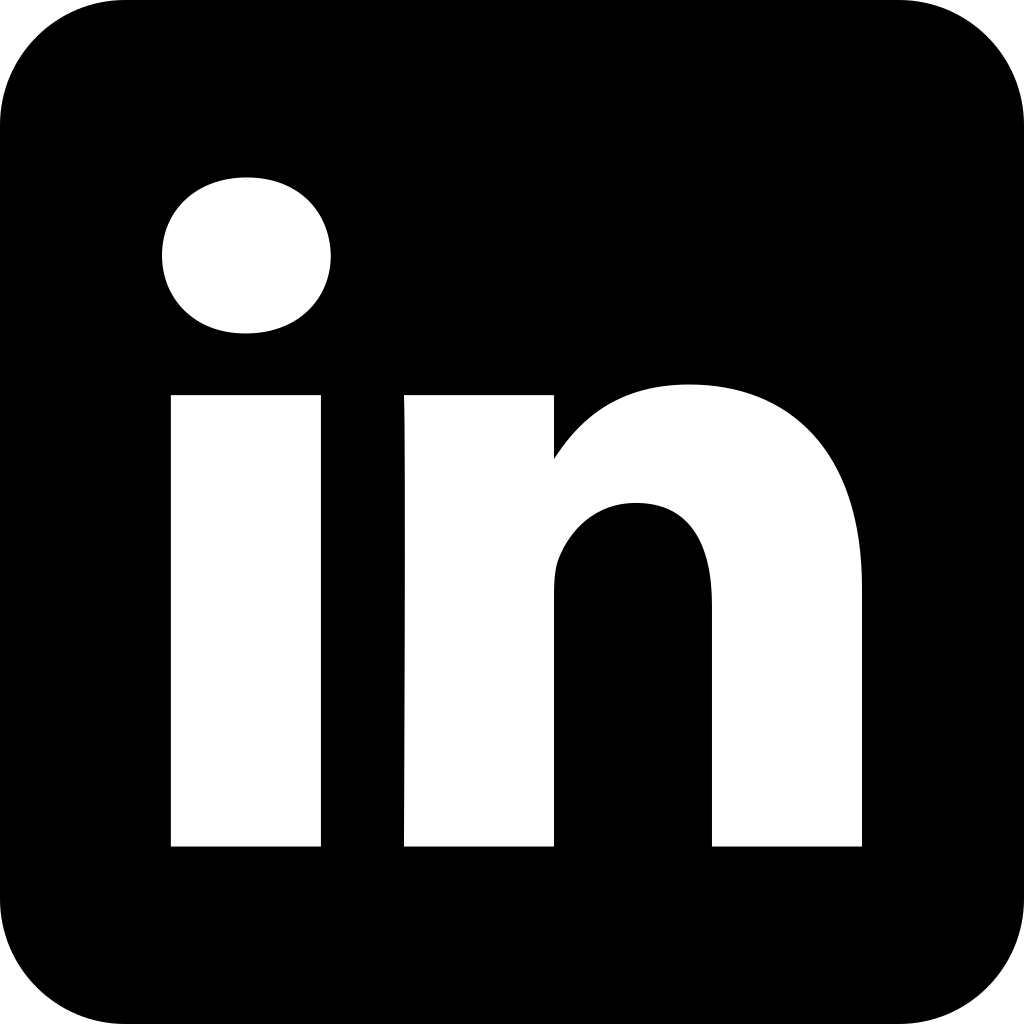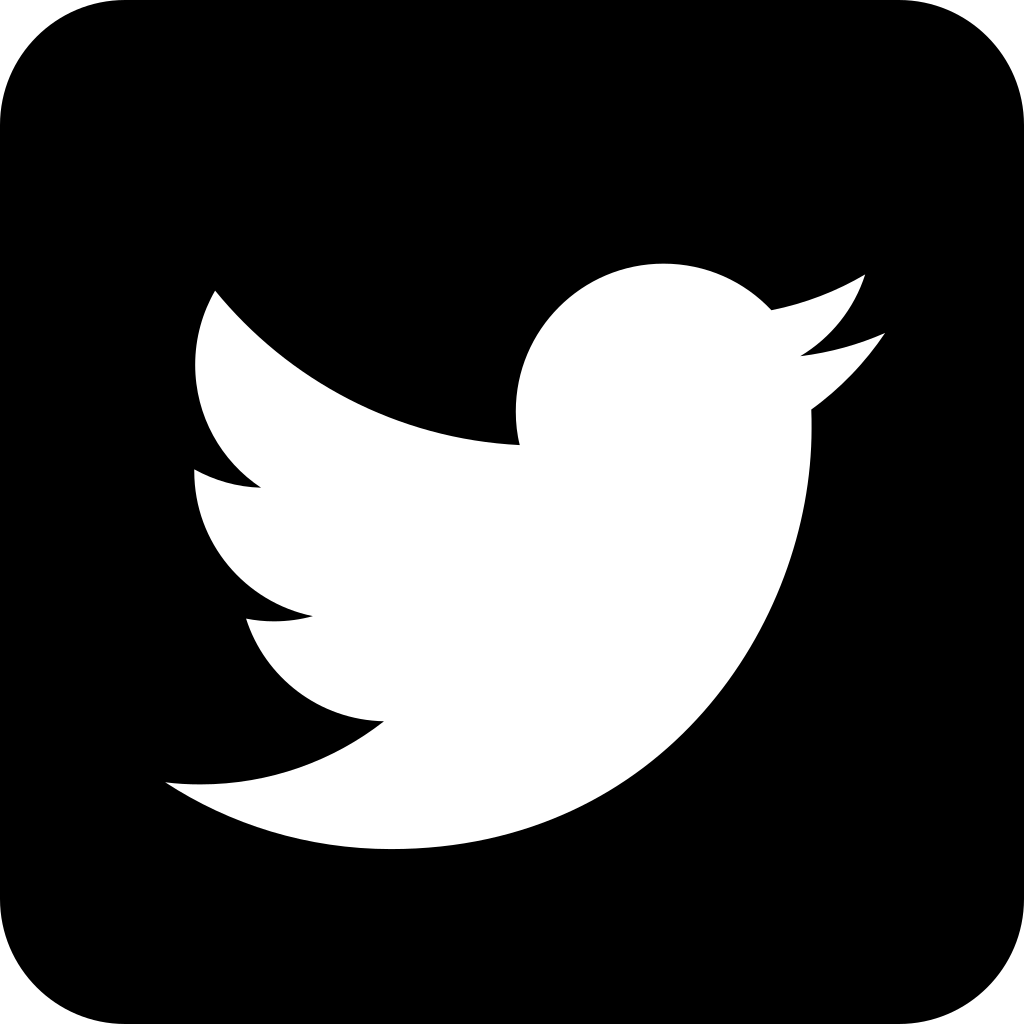Docket+ 3 October 2022

Docket+ is a weekly roundup of the latest influence operations-related academic research, events and job opportunities.
Welcome to DisinfoDocket! All our content will be free to everyone for our first 2 weeks. If you wish to continue receiving these weekly emails, please subscribe by 16th October 2022.
Highlights:
- 1 Key for 1 Lock: The Chinese Communist Party’s Strategy for Targeted Propaganda (Recorded Future, 28 September)
- Losing the battle over best-science guidance early in a crisis: COVID-19 and beyond (Science Advances, 28 September)
1. Academia & Research
1.1 Platforms & Technology
- Regulating Misinformation on Twitter is a Problem, But There Are Bigger Ones on the Horizon (Tech Policy Press, 26 September)
- Investigating the difference between trolls, social bots, and humans on Twitter (Science Direct, 27 September)
- The effect of social approval on perceptions following social media message sharing applied to fake news (Oxford Academic, 27 September)
- Social Media: The Algorithm as National Security Asset (Oxford Academic, November 2022)
- Fifteen Seconds of Fame: TikTok and the Supply Side of Social Video (Amsterdam University Press, 1 October)
1.2 World News
China
- Tracking Chinese Online Influence in Central and Eastern Europe (CEPA, 28 September)
- Propaganda Analysis: How different actors in China’s information ecosystem portray the Ukraine war (DoubleThink Lab, 29 September)
- China in the World Community Fund Report — 2022 (DoubleThink Lab, 23 September)
- Coercion, Capture, and Censorship: Case Studies on the CCP’s Quest for Global Influence (IRI, 28 September)
- "Living in a Post-Truth Era”: Theorising the Internet and Online Misinformation in Rural and Urban China (SSRN, 29 September)
Russia
- Russia’s battle to convince people to join its war is being waged on Telegram (MIT, 24 September)
- Referendum coverage proves media is still vulnerable to Russian disinformation (Atlantic Council, 29 September)
- Russia-based Facebook operation targeted Europe with anti-Ukraine messaging (DFRLab, 27 September)
Rest of World
- What is misinformation and disinformation? Understanding multi-stakeholders’ perspectives in the Asia Pacific (T&F, 26 September)
- Demagoguery, populism, and foreign policy rhetoric: evidence from Jair Bolsonaro’s tweets (T&F, 25 September)
- Bad Beliefs: Why They Happen to Good People (Oxford University Press, 28 September)
- Can the Iranian System Survive? (CEIP, 29 September)
- The Israel Polarization Panel Dataset, 2019–2021 (Science Direct, December)
1.3 Elections & Democracy
- The role of political devotion in sharing partisan misinformation (PsyArXiv, 29 September)
- Most users do not follow political elites on Twitter; those who do show overwhelming preferences for ideological congruity (Science Advances, 30 September)
- Partisan bias in false memories for misinformation about the 2021 U.S. Capitol riot (T&F, 28 September)
- Are Presidential Candidates Impervious to Deception Detection? A Test of Voters' Truth-Default (Wiley, 27 September)
- Megastudy identifying successful interventions tostrengthen Americans’ democratic attitudes (Stanford University, 2022)
- 10 Factors That Shape a Rumor’s Capacity for Online Virality (Election Integrity Project, 21 September)
- A Brief History of Tech and Elections: A 26-Year Journey (Bipartisan Policy Center, 28 September)
1.4 Science & Health
- When do people believe, check, and share health rumors on social media? Effects of evidence type, health literacy, and health knowledge (SAGE, 28 September)
- Anti-vaccine Movement (United States) (Wiley, 27 September)
1.5 Tools, Legislation & Countermeasures
- United Against Disinformation: A Truly European Response (EDMO, 26 September)
- How To Think About Whether Misinformation Interventions Work (PsyArXiv, 29 September)
- Changing the Incentive Structure of Social Media Platforms to Halt the Spread of Misinformation (PsyArXiv, 26 September)
- Countering Misinformation: Evidence, Knowledge Gaps, and Implications of Current Interventions (PsyArXiv, 22 September)
- Detecting Error Proneness and Error Resistance of Information (SSRN, 28 September)
- Organizing cyber capability across military and intelligence entities: collaboration, separation, or centralization (T&F, 29 September)
- Imagination, Algorithms and News: Developing AI Literacy for Journalism (T&F, 28 September)
- Issue Importance and the Correction of Misinformation (T&F, 28 September)
- Building a Media Literate Society: Pathways to Improve Media and Information Literacy Education in Pakistan (SAGE, 26 September)
- User perspectives on digital literacy as a response to misinformation (Wiley, 27 September)
- Basic Steps & Tips to Building a Coalition (EFF, 2022)
- An End to Shadow Banning? Transparency rights in the Digital Services Act between content moderation and curation (OSF Preprints, 28 September)
1.6 Extremism, Conspiracy Theories & Harassment
- The (Moral) Language of Hate (PsyArXiv, 27 September)
- Mis/Disinformation, Conspiracism, QAnon, and Social Movements (Wiley, 27 September)
2. Events
- Nigeria 2023: Ensuring Credible, Peaceful, and Inclusive Elections (NED, 11 October)
- MISDOOM 2022, 4th Multidisciplinary International Symposium on Disinformation in Open Online Media (October 11-12, Boise State University)
- Frontiers of Digital Development Forum (1-2 November)
3. Opportunities
- European Council on Foreign Relations (various positions)
- Director of Operations (Hacks/Hackers)
- Uniformity and Fragmentation in the Digital Public Sphere - Call for Abstracts (Yale Law)
- Disinformation, Midterms, and the Mind: How psychological science can help journalists combat election misinformation. Call for submissions (Journalism Institute, 29 September)
- Berkeley Journalism Jobs (Berkeley School of Journalism)
- Threat Context Analyst - South Asia (Microsoft)
- Threat Context Analyst - Russia (Microsoft)
- Marketing Manager (Jigsaw)
- Associate/Full Professor - Media (University of South Florida)
- Visiting Senior Fellow, Strategy (Digital Forensic Research Lab)
- Program Officer: Democracy and Technology - Information Strategies (National Democratic Institute)
- Principal, Responsible Technology (Omidyar Network)
- Producer, Visual Verification (ABC News)
- Producer, Visual Verification (Disney)
- Lead Compliance Officer (TikTok)
- WikiCredibility Grants Initiative
- Research Asst Professor - Media Forensics Hub (Clemson University)
- Freedom House (Various)
- Integrity Insitute (Various)
- 2022 Foundational Integrity Research request for proposals (Meta)
Enjoying DisinfoDocket?
Forward to a friend and let them know where they can subscribe.
Have something you'd like to share? Reply to this email with feedback or a link to the research, event or job opportunity that you'd like us to promote.


